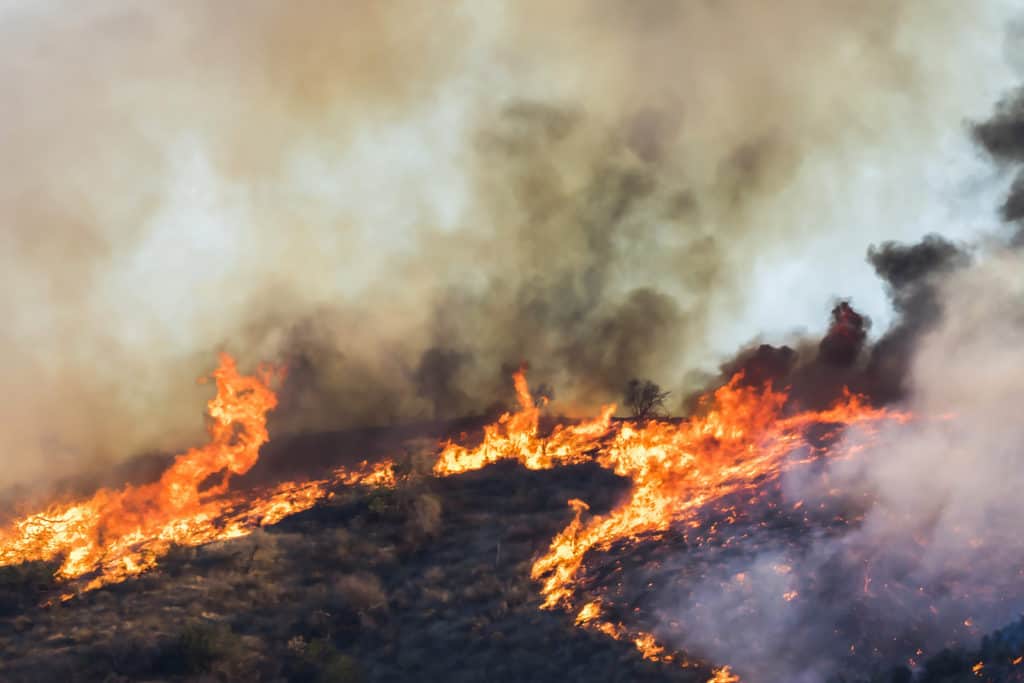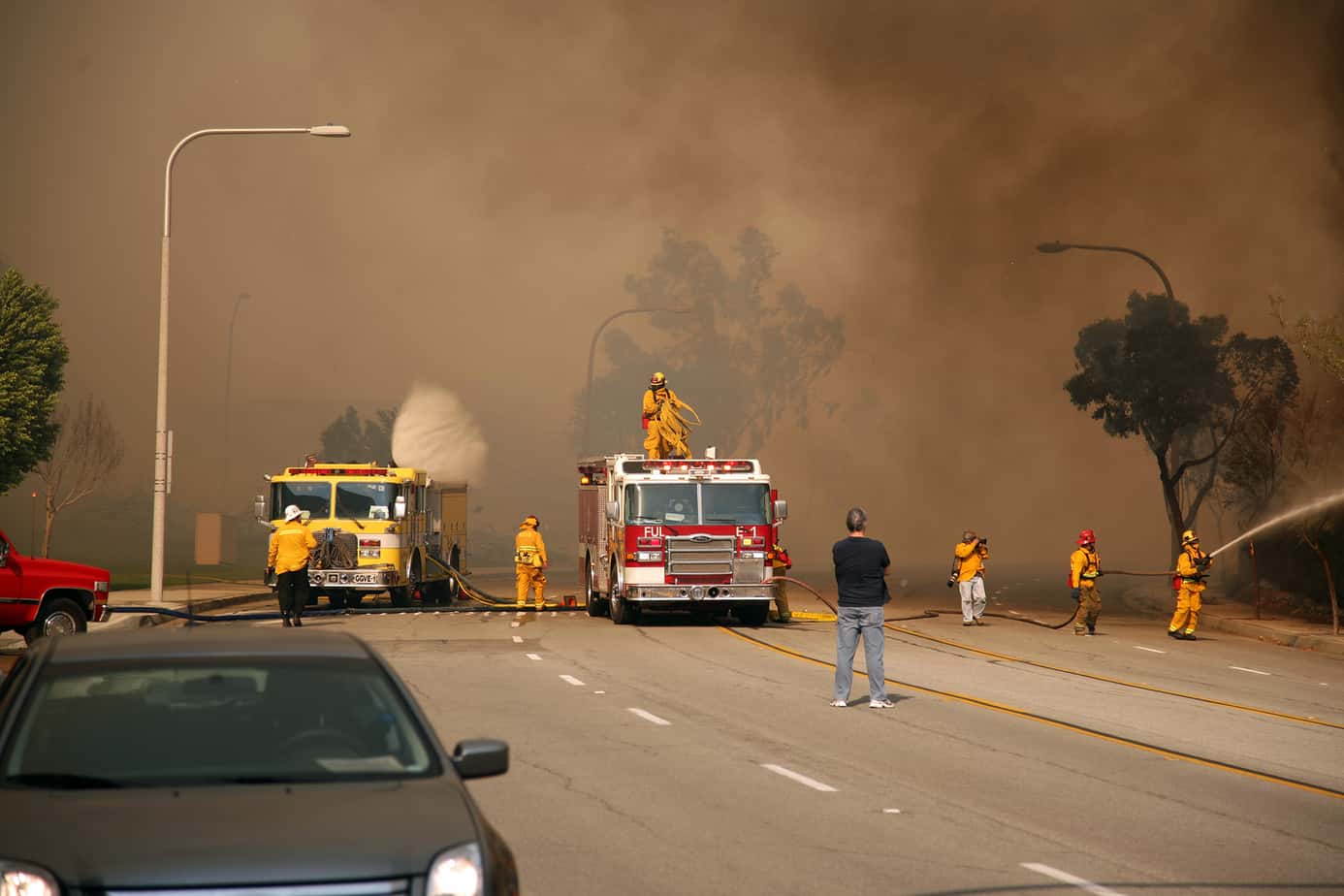California’s public and private water utility companies are campaigning to be shielded from lawsuits relating to the state’s wildfires. Lawsuits relating to wildfires often target utility companies, claim wildfire attorneys, but new lawsuits target water companies that supply water to firefighters.
The Coalition for Fire Protection and Accountability group aims to reduce utility companies’ liabilities.
Governor Gavin Newsom has urged lawmakers to discuss the strict legislation that holds utility companies responsible for wildfires. Pacific Gas & Electric Corp filed for bankruptcy in January after it was found that their equipment was responsible for the deadliest wildfire in California history.
Investigators found that the company’s equipment was responsible for the Camp Fire. Downed power lines owned and operated by the company sparked the fire, which killed 85 people and burned over 153,000 acres of land. The fire resulted in 18,804 structures being destroyed.
Additional power lines owned by PG&E led to the second ignition of the Camp Fire in Concow. The company previously admitted that its power lines were the “probable cause” of the fire. The company filed for bankruptcy after suffering a $6.9 billion loss in 2018.
Residents who have lost their homes, possessions, and animals have filed lawsuits against the company for failing to maintain their equipment properly.
Water companies are fighting back against recently filed lawsuits against water utilities. Two lawsuits against water companies were filed for fires dating back to 2008. One lawsuit ended in a $70 million award for homeowners. The fire damaged the Yorba Linda Water District pump station, which was unable to provide water to firefighters after being damaged.
The lawsuit argued that the water systems were liable for the damages since they failed to work when firefighters tried to save 275 structures.
Another lawsuit in Ventura claimed that during the Thomas Fire, water utility companies failed to provide backup generators. The pumping stations lost power during a fire, and in some neighborhoods, fire hydrants could not be operated properly.
Utility companies claim that it is an “untenable situation.” The utility companies claim that they’re both victims of the fires and are held responsible when their utilities become inoperable due to the fire. Attorneys argue that utility companies have a burden of responsibility due to their monopoly over the California water system. Backup generators, in the case of the Venture fire, would have powered hydrants properly and possibly saved homes.



